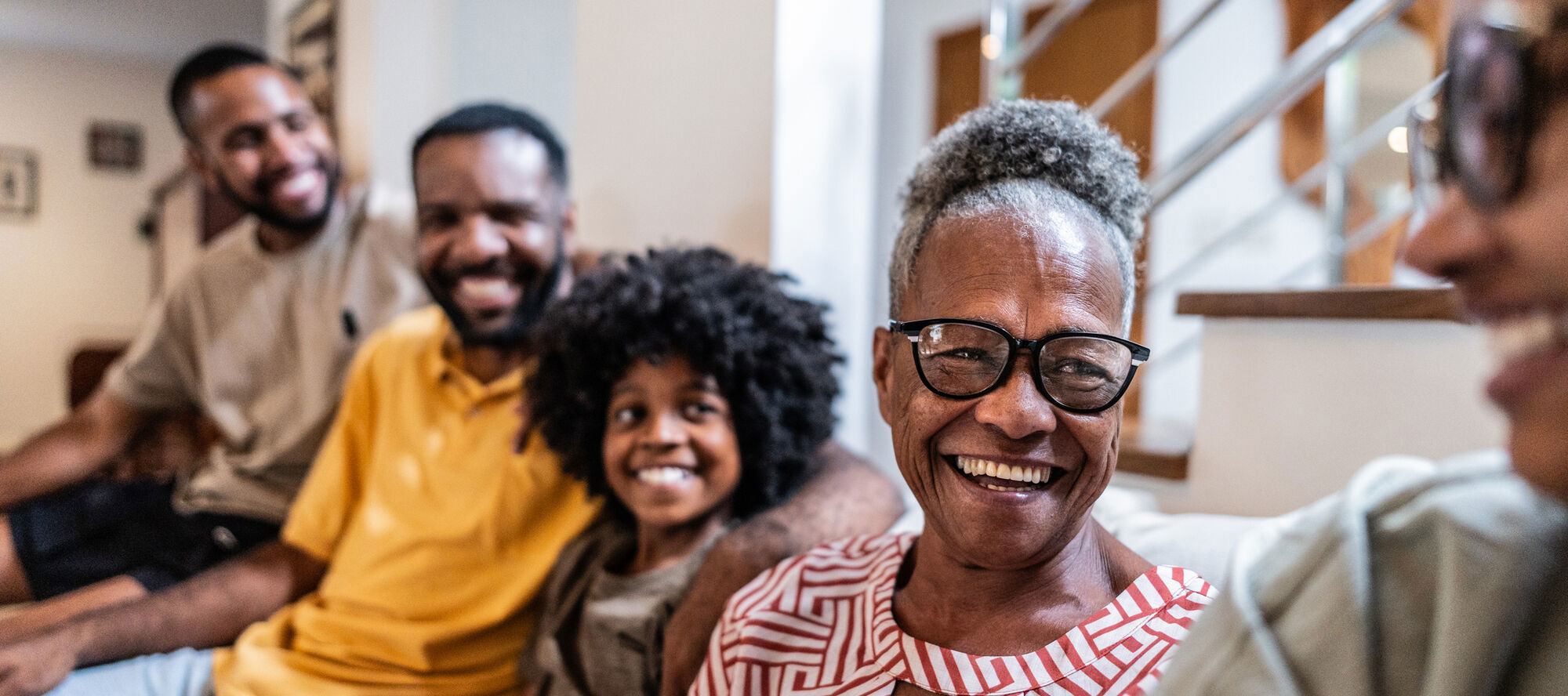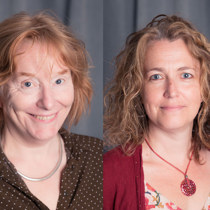Intergenerational solidarity brings families, communities and societies together.
The theme of this year’s World Social Work Day is Intergenerational solidarity for wellbeing. In considering intergenerational work we often think about young people working with older people, or pre-school children spending time with older adults.
The reality of intergenerational working is that we often do it every day – even in putting this blog together we are working across generations with our colleagues. The bi-directional sharing of practice wisdom across teams and generations is invaluable. People with more years of practice under their belts may have more to share in terms of practice experience while newer colleagues may come to situations with fresh eyes, generating new ideas or solutions.
However, working intergenerationally can be impeded by the surprising lack of interaction between Children’s and Adults Services. This was outlined by the findings from recent research by Mary Ryan on the experiences of parents with learning difficulties in child protection processes and care proceedings – who say they feel unsupported.
These indicate that both family justice and social care systems pay insufficient attention to ensuring that parents rights under disability, equality and human rights legislation are upheld. Understanding of the relevant legal frameworks is key to effectively supporting families where parents have a learning disability. Tarleton et al (2024) highlight that some professionals working in children and families services need more knowledge of the Care Act 2014, and how that can be leveraged to support the parents they are working with.
The need to build closer connections and understanding across services is one of the reasons that Research in Practice is delighted to be working with Beth Tarleton at the University of Bristol to become the new home for the Working Together with Parents Network. The network connects professionals working to support families where parents have a learning disability. We are planning a programme of webinars over the coming year to support practitioners to work across Children and Adults Services. You can find out more about the network at an upcoming webinar exploring how we can support you to support all generations within a family.
Transitioning from childhood to adulthood
When connections across Children and Adult Services are lost then we are not supporting our young people into adulthood effectively. Transitions are a priority for both current presidents of ADASS and ADCS, as well as for the adults and children and families Principal Social Workers networks.
Transitions is a broad heading for a range of practice areas, a focus of our work that spans all of these practice areas is transitional safeguarding, reflecting on how we need to shape our safeguarding approaches to meet the needs of young people into adulthood. Such work requires boundary spanning leadership and it’s one of the reasons that we have developed a leadership programme that supports people who are leading Children and Families Services, and those leading in Adult Services to come together to learn as leaders
Working with people early to understand their aspirations and needs is a key part of supporting transitions. We are currently working with our NCB colleagues at the Council for Disabled Children to support a local area who are considering their transition offer. Within that work a parent carer explained how they can often feel they are not heard or seen when their child becomes an adult. The importance of listening to family members is highlighted the film in our open access resources to support practice with carers. One carer describes the social worker listening to her, and her perspectives on what may or may not work listening to her view as ‘the historian’ of her son’s life. They weren’t recognised as the curator and historian of their now adult child’s life. These resources to support practice are a good reminder of how carers are often working intergenerationally, in particular ‘sandwich’ carers who are supporting both children and adults in their lives.
Reforming social care
We know that statutory Children’s Services involvement in people’s lives can contribute to the breaking of intergenerational connections. But we are at a powerful moment. The reforms initiated by Independent Review of Children’s Social Care and the significant focus on working in partnership with families in the Children’s Wellbeing and School’s Bill place ‘families first for children’ front and centre and bring social work responses to ‘children in need’ into a sphere of service now titled ‘family help’. With sufficient resource, shared workforce development and stability of direction to allow these changes to take root, these reforms have huge potential to reorient child and family services towards enabling and supporting intergenerational wellbeing.
Approaching this work with optimism and realism requires workforce development that builds genuinely trauma-informed organisations and practices.
It requires that we build strong work to learn from – such as the Lifelong Links approach to enabling the positive, loving support networks of children in care and care leavers. And the robust evidence on the value of facilitating genuinely family led decision-making through family group conferencing. This learning is being applied in adapting family group conferencing for Adults Services and we are pleased to be developing learning resources from research exploring family group conferencing with adults.
We can learn from practice innovators on their groundbreaking work with care leavers wishing to become parents themselves, some will be speaking at our Partnership Conference. And when intergenerational connections are severed to safeguard children, we must learn from projects such as HOPE, co-produced with those who have experienced such loss, and treat all of those involved with respect, humanity and dignity.
We are committed to using this theme of intergenerational wellbeing to do what we can to contribute to spanning the boundaries between Children and Adult Services to better support you to better support our communities. Happy World Social Work Day!



